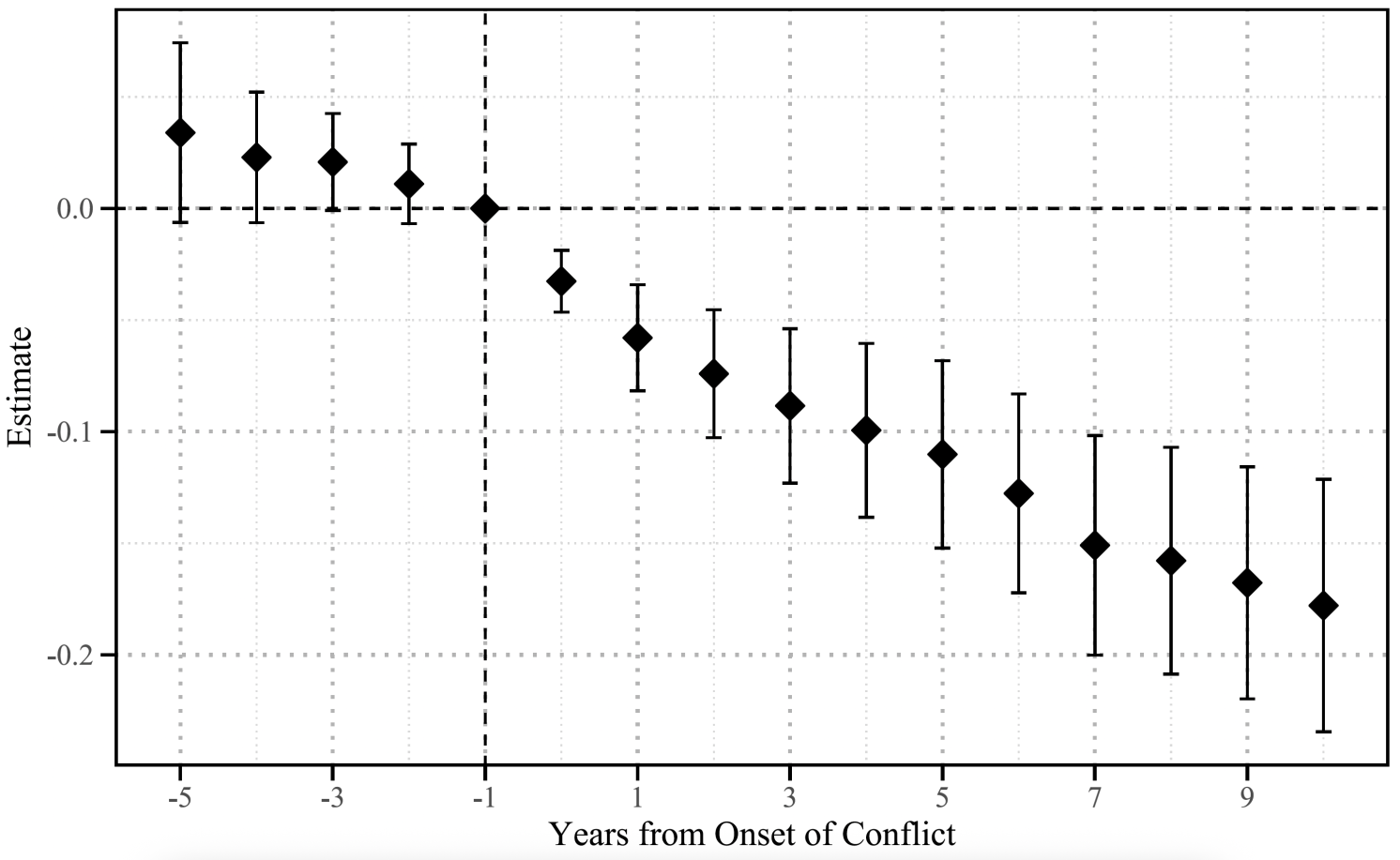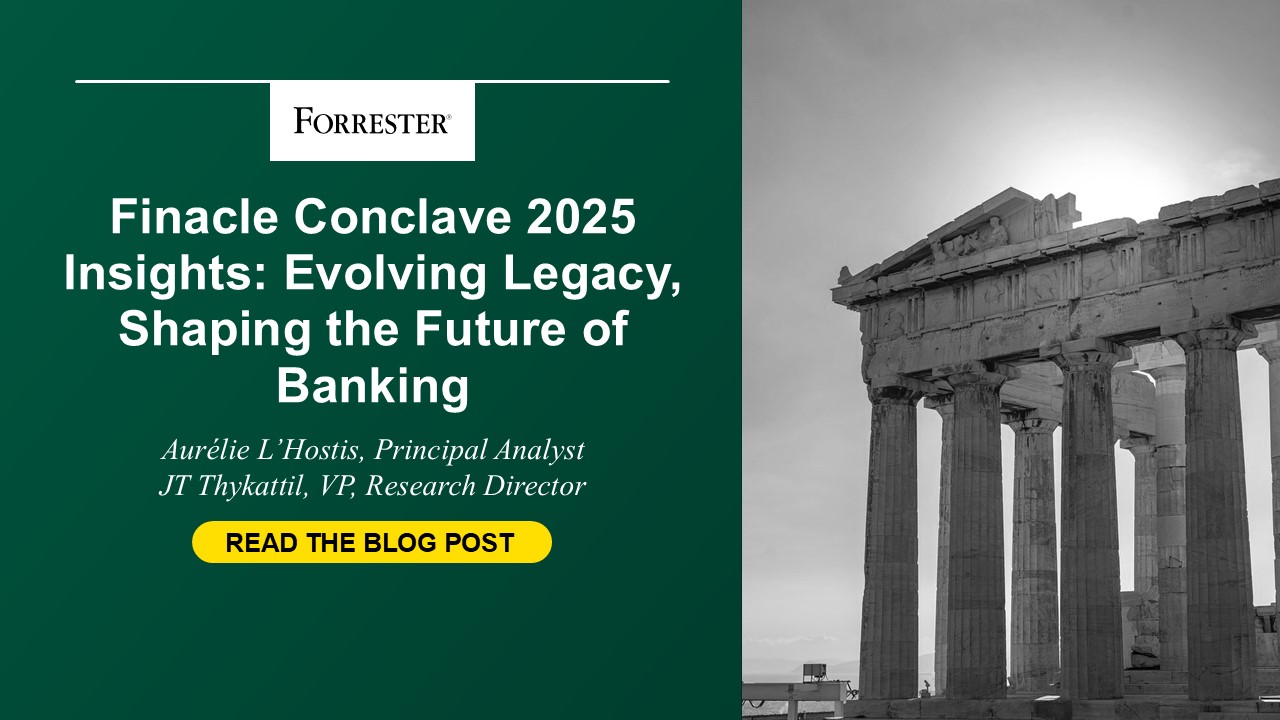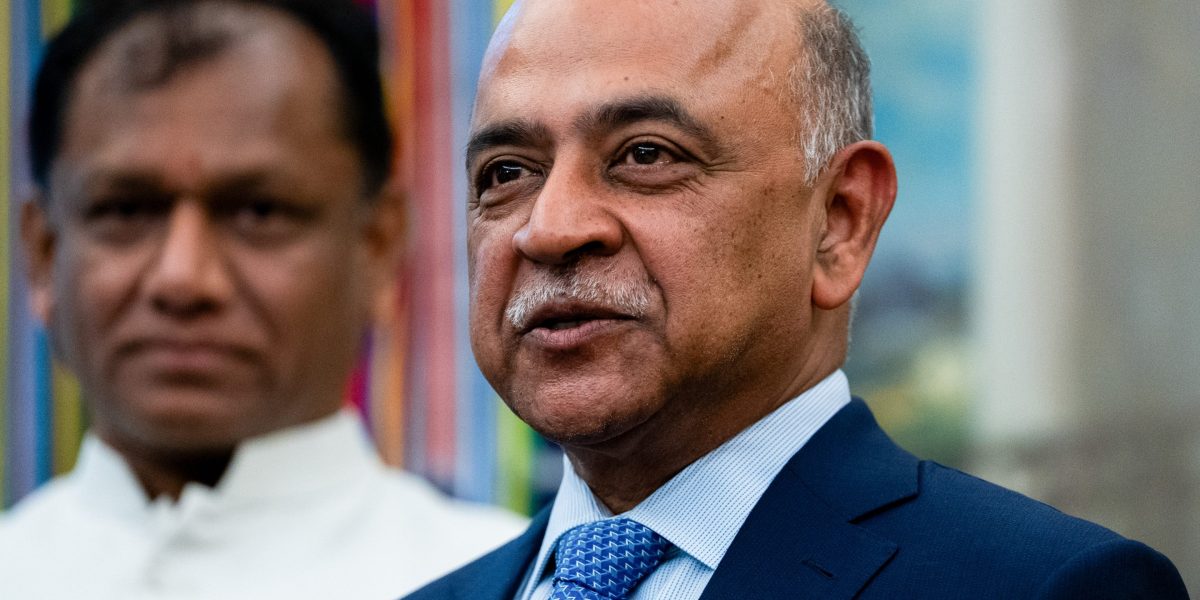When liberals argue in favor of equal opportunities, they often presume their meaning to be self-evident. They insist that they do not demand equal outcomes, only equal opportunities. Their aim in demanding equal opportunities is usually to ensure that everyone has an equal starting position in life, or at least that nobody is explicitly prevented from participating in any activities of their choice. This is what liberals mean when they say everyone should have an equal opportunity to get an education or an equal opportunity to enjoy access to good healthcare. They mean that nobody should be arbitrarily barred from such participation. Often this is expressed in the non-discrimination principle—the idea that nobody should be excluded based on his or her race or sex or any other personal characteristics.
However, while equal opportunities are easy to explain in theory, in practice, it is difficult to achieve consensus on whether such conditions pertain in reality. The Stanford Encyclopedia of Philosophy observes that,
Despite its familiarity and apparent popularity, the idea of Equality of Opportunity has proved at once contested and elusive… a substantial amount of the philosophical work that explicitly reflects on the notion of Equality of Opportunity involves unpacking and distinguishing the range of different ideas that fly under that banner.
This is why—despite decades of anti-discrimination law enforcement—many liberals still complain that “equal opportunities” have yet to be attained. What they mean is that merely aspiring to the goal of equal opportunity does not suffice—when we aspire to a goal we expect that aspiration to make an actual difference in what we see on the ground. As Joseph Stiglitz put it in 2013, “the gap between aspiration and reality could hardly be wider. Today, the United States has less equality of opportunity than almost any other advanced industrial country.”
For liberals concerned with equal opportunities, it is not meant to be an empty aspiration or a mere expression of a pipe dream. There is an expectation that, in reality, people will in fact enjoy increasingly equal opportunities. Inevitably, such concerns have led to increasing preoccupation with measuring attainment gaps, comparing the achievements of advantaged and disadvantaged groups, and tracking rates of group participation. The stated aim is said to be ascertaining whether in reality opportunities are equal. For example, Stiglitz wants to know: “Is it just as likely that a child of poor or poorly educated parents gets a good education and rises to the middle class as someone born to middle-class parents with college degrees?” Thus, surreptitiously, a preoccupation with outcomes enters the discussions of equal opportunity.
It is futile at this point to insist that opportunity is not the same thing as outcome, for two reasons. First, debates about justice and equality are not always merely semantic. It would seem rather disingenuous to answer Stiglitz by pointing him to the dictionary. Second, even if we stick closely to the strict meaning of words, the word “opportunity” still proves to be a particular stumbling block. Opportunity is defined in the Cambridge dictionary as “an occasion or situation that makes it possible to do something that you want to do or have to do, or the possibility of doing something.” In theory it is “possible” for anyone to walk into a store and purchase goods, but if you do not have any money then it is not “possible” in any real sense to do that. One might even say it is impossible, owing to lack of funds. Thus, the distinction between opportunity and outcome, while definitionally very clear, proves to be elusive in real world conditions. Viewed in that light, it soon becomes apparent that to many liberals, the word “opportunity” means the actual, real, possibility of achieving desired goals, not just the theoretical possibility of doing so.
There are three potential ways of resolving this debate. The first option is to continue promoting the theory of “equal opportunity” without regard to what happens in reality. When people like Stiglitz complain about the absence of “equal opportunities,” we could simply insist that everyone’s opportunities are deemed to be equal as long as no explicit barriers have been identified. Whether people’s aspirations are being fulfilled is irrelevant if we view equal opportunities as a purely theoretical aspiration. It is the aspiration itself, the statement of the dream, that matters. This is the typical response made to those who complain that they have not achieved their potential due to their race, sex, or gender—one could simply ask them to identify any specific barrier that stood in their way. If they cannot point to any specific barrier, that means their opportunities must be deemed to be equal to those of anyone else. This way of addressing the problem appeals to many conservatives, but the trouble is that it is not politically attractive: it gives the impression of ignoring the problem or cavalierly dismissing people’s concerns.
A second option, which is more politically attractive, is unfolding in most advanced countries today, namely, legislating for equal opportunities while brazenly measuring differences in outcome and attainment and illegally running quotas and targets. This seems to be the uneasy compromise that most jurisdictions have settled upon, but it has the disadvantage of being dishonest and—worse still—incompatible with the ideal of formal equality.
A third option would be to go “full socialist” and make a more concerted effort to actually equalize everyone’s opportunities. The problem with this is obvious—socialism does not work and always ends in tyranny and conflict. Why is it impossible to actually equalize opportunities? Part of the difficulty concerns what is meant by “opportunity.” In his book, Liberty, Market and State: Political Economy in the 1980s, James M. Buchanan describes the formal or theoretical concept of “opportunity” when he gives the example of a sharecropper who has an opportunity to become President—there is no law stating that sharecroppers are banned from running for president, so sharecroppers have an equal opportunity to become president. But Buchanan recognizes that most proponents of equal opportunities are concerned with something more than the absence of legal barriers. They seek “justice.” They are unlikely to be satisfied by the argument that, “in theory,” they have an equal opportunity to achieve their goals. Yet, as Buchanan observes, achieving equal opportunities “in practice” is impossible for various reasons. Is it possible for a runner to win a marathon if he has not had any training? Is the possibility of his winning the race equal to the possibility of trained runners winning the race? Buchanan gives the example of a game—do all the players have an “equal opportunity” to win? In theory, yes, as long as the rules are applied in the same way to all players. In reality, the “opportunity” of a player who is fit and strong is not equal to the “opportunity” of a player who is weak and sickly. Buchanan points out the difficulty of giving the weaker player extra help to “equalize” his opportunity to win:
There is no external agent or overlord or benevolent despot who can spot the differences among the players in advance and adjust starting positions.… Constitutional rules may be laid down that establish institutional structures within which some equalization of starting positions may be encouraged. If this constitutional as opposed to the political route towards implementation is taken, however, the inability to accomplish any “fine tuning” as among possibly widely disparate opportunities must be acknowledged.
Thus, in the context of equal opportunities to win a game, as Buchanan points out, “inequalities will remain; opportunities will remain different for different persons.” That is even before other factors mentioned by Buchanan—like birth, luck, effort, and choice—are taken into account. All of these result in a situation where opportunities cannot, realistically, be equalized. To continue insisting that everyone’s opportunities are equal—despite all evidence to the contrary—we would have to use words euphemistically rather than descriptively. We would have to see “equal opportunities” as a meaningless phrase that denotes the absence of discriminatory rules. But the euphemistic use of language is cowardly and tends to encourage dishonesty. It is more honest to at least try to mean what we say. Thus Buchanan suggests that it would be better to speak in terms of “reasonably fair” opportunities. He argues that opportunities may be reasonably fair without being equal, as long as everyone is governed by the same rules:
I want to discuss institutions aimed at ensuring reasonably “fair chances to play.” Even if persons may recognize that starting positions can never be equalized, steps can be taken that allow all persons to have the same opportunities to participate. In terms of an example, the child of a sharecropper can never possess an equal opportunity to become president with that of the child of a billionaire, but institutions can be organized so that the child of the sharecropper is not overtly excluded from the game. And if he is so much as allowed to play, and by the same rules, there remains at least some chance that he can win.
Readers familiar with Murray Rothbard’s rejection of egalitarianism will notice that Buchanan’s notion of “fair chances” still does not avoid the danger of starting down the path to socialism. Buchanan’s idea of “steps that can be taken” to give everyone a fair chance includes a role for redistributive taxation, and Rothbard regarded all forms of taxation as theft. As David Gordon points out, Buchanan’s concern with fair chances overlaps considerably with John Rawls’s concept of distributive justice. Any non-voluntary redistribution of wealth would be incompatible with Rothbard’s theory of self-ownership and private property as the foundation of libertarian justice.



























